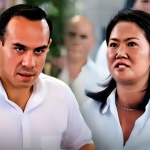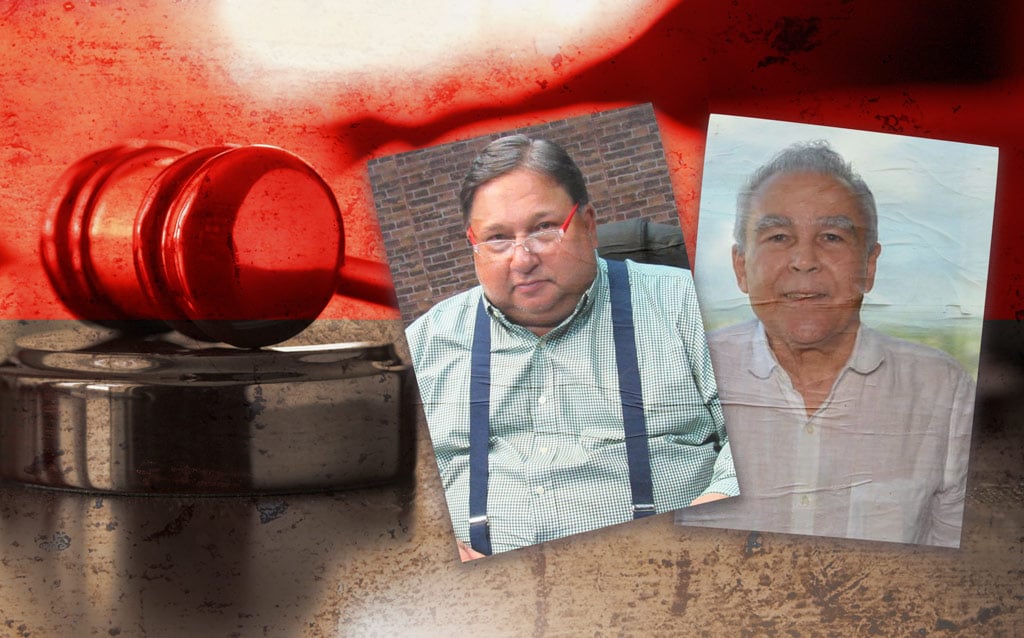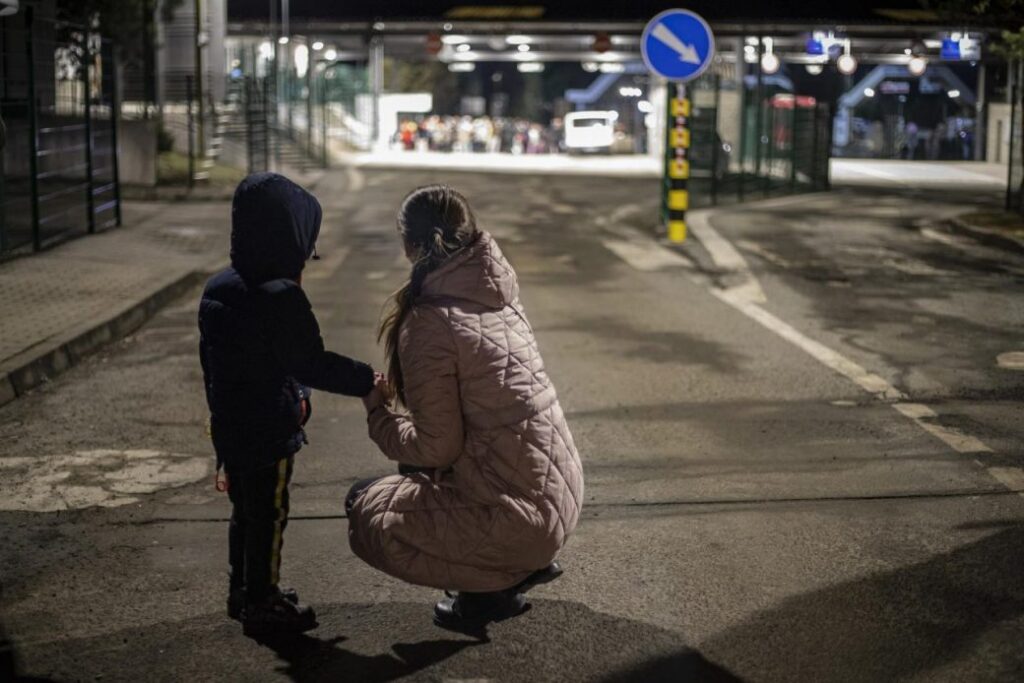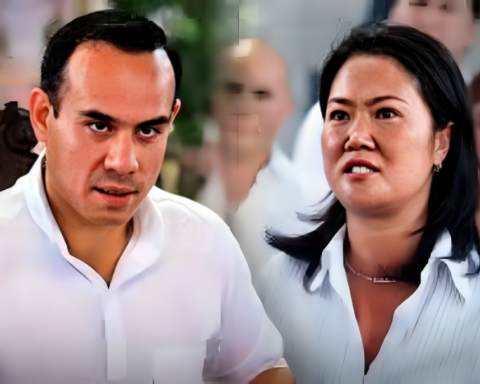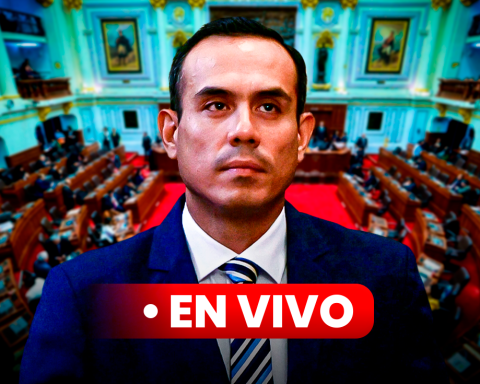Afp, Xinhua and The Independent
Newspaper La Jornada
Friday, February 25, 2022, p. 4
Beijing. China said yesterday that follow closely
the situation, called again for dialogue and pointed out that understands Russia’s reasonable security concerns
in their first reactions after Russian President Vladimir Putin ordered a military operation in the people’s republics of Donietsk and Lugansk, in eastern Ukraine.
We urge all parties to exercise restraint to prevent the situation from spiraling out of control.
Hua Chunying, spokeswoman for the Chinese Foreign Ministry, urged at a daily press conference from Beijing, without condemning the action of Russia, one of its main allies.
Confirming that she will continue business relations with Russia and Ukraine as normal, the diplomat assured that her government opposes any act of incitement to war and has adopted a responsible attitude from the beginning to persuade all parties not to intensify the tensions and incite war.
Chinese Foreign Minister Wang Yi expressed to his Russian counterpart, Sergei Lavrov, in a call that understands Russia’s legitimate security concerns
which recognizes the complex and special historical context of the Ukrainian question, which China has always respected the sovereignty and territorial integrity of all countries.
.
Reporting on the development of the situation in Ukraine and Russia’s position, Lavrov pointed out to Wang that the United States and the North Atlantic Treaty Organization have reneged on their international commitments, have continuously expanded into Eastern Europe, refuse to implement the new Minsk agreement and have violated Resolution 2202 of the United Nations Security Council on the Minsk agreements
China maintains that the mentality of cold War it should be abandoned altogether, and a balanced, effective and sustainable European security mechanism should be finally established through dialogue and negotiation, Wang said.
The government of Taiwan, where the events were being followed with concern, denounced the incursion of a reconnaissance plane and eight other China fighters over its airspace.
Reactions found in AL
Ap, Afp and Sputnik
Buenos Aires. The political differences between the countries of Latin America were in evidence yesterday. Several repudiated Russia’s incursion into Ukraine, others did so lukewarmly; and some were silent or tacitly supported President Vladimir Putin.
Havana underlines the right to defend oneself
Before the military operation began, Cuba stated on Wednesday that Moscow has right to defend
and the North Atlantic Treaty Organization (NATO) must heed their demand for security guarantees
during an official visit of the president of the Russian parliament, Viacheslav Volodin, to Havana.
Nicaragua, a government that has not yet ruled on the issue, received Volodin yesterday, who before the Nicaraguan Congress declared that America has to stop
and not intervene in the security of other nations.
The Brazilian president, Jair Bolsonaro, disavowed his vice president, General Antonio Hamilton Mourão, who criticized Russia, and stressed that the Constitution stipulates that the president should speak about these issues. He added that his government wants peace, but did not condemn the Russian operation. Bolsonaro was in Russia last week and signed important agreements with Putin.
His Venezuelan counterpart, Nicolás Maduro, tweeted that the Bolivarian Republic rejects the aggravation of the crisis in Ukraine as a result of the violation of the Minsk agreements by NATO
and called for the search for peaceful solutions.
Bolivia – another of the countries at odds with the White House – did something similar by calling on the parties to seek peaceful solutions.
The military operation was condemned by the outgoing president of Chile, Sebastián Piñera, his successor, Gabriel Boric, who takes office on March 11; the Colombian president, Iván Duque, and that of Uruguay, Luis Lacalle Pou.
The Argentine ruler Alberto Fernández called on all parties not to use military force and asked Russia put an end to the actions taken
and return to the dialogue.






